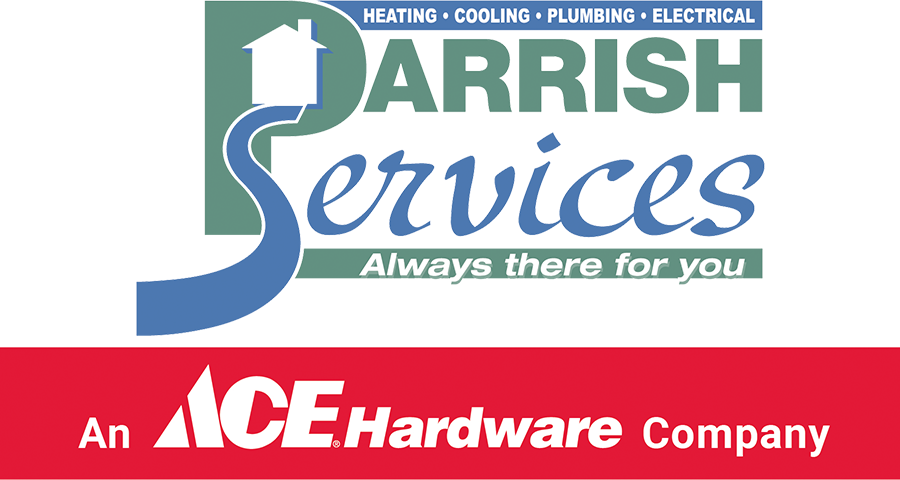FAQs
- Home
- FAQs
FAQs
Q. How much does it cost to replace an entire HVAC system?
Each system is different, System prices are based off the tonnage and SEER rating of the equipment but we offer free estimates and they can contact us for a quote anytime.
Q. What is the average life of a HVAC system?
The average HVAC system lifespan is anywhere between 10–25 years—based on your climate and what type of heating and cooling system you have.
Q. What happens during HVAC maintenance?
Our technicians will do an overall check on the equipment and ensure that it is running to manufacture specifications and provide you with a report on the specific components and their condition. We will advise you of any existing issues and let you know of any potential concerns and provide quotes so you can prepare for any future repairs that may be needed. We will perform minor cleanings to prevent buildup on the unit and help extend the life of the equipment.
Q. What is the average cost of a furnace repair?
Too many variables to quote an average cost would need to perform diagnostics to determine the issue first.
Q. What can cause a furnace to stop working?
Dirty air filters are often the culprit behind an inefficiently performing furnace. That’s because air filters trap dust, dirt and debris like hair, which over time can restrict or block vital airflow, overheating the heat exchanger and preventing your furnace from working as it should.
Q. How do you diagnose a furnace problem?
Most modern furnaces have led lights that will flash when furnace is operating or has a fault codes.
Q. Why is my heat pump not blowing hot air?
A dirty air filter is one of the most common causes of a heat pump not blowing hot air. As you probably know, an air filter is a little device inside your heat pump system whose job is to filter out dust, allergens, and other pollutants that come from the outside air.
Q. How are the sizing capacities of heating and cooling systems measured?
Heating and cooling systems are sized according to their tonnage. One (1) ton equals 12,000 BTU/H. Residential systems can range from 1 to 5 tons.
Q. What size HVAC system should I have?
The best way to determine the perfect HVAC unit size is to have a Manual J calculation done for your house. The Manual J calculation is the most precise measurement available because it considers factors like:
Q. How is the efficiency of heating and cooling equipment measured?
Heating and cooling systems efficiency is rated in Seasonal Energy Efficiency Ratio, (SEER/SEER2)
Q. How can I increase the efficiency and life of my home’s heating and cooling systems?
Regular maintenance and filter changes. Check your filter every month, especially during heavy use months (winter and summer). If the filter looks dirty after a month, change it. At a minimum, change the filter every 3 months. A dirty filter will slow down air flow and make the system work harder to keep you warm or cool — wasting energy. A clean filter will also prevent dust and dirt from building up in the system — leading to expensive maintenance and/or early system failure.
Q. How much better is a system with more capacity?
Larger capacity HVAC system can make your home’s inside temperature uncomfortable. An HVAC system with excess capacity can heat or cool your home faster, but that speed often results in other issues.
Q. How long should my system run in a cycle?
Ideally, a properly operating air conditioner should cycle for roughly 15 to 20 minutes, two to three times per hour.
Q. What air temperature should my air conditioner produce?
As a general rule of thumb for home air conditioners, the air should be about 15-20 degrees cooler than the air taken in. In other words, if the air temperature in your house is 78 degrees, then you would expect the air coming out of the vents to be between 58 and 63 degrees.
Q. What temperature should I set my thermostat?
According to ENERGY STAR, setting your thermostat to 68 degrees Fahrenheit (20 degrees Celsius) when you’re home is the ideal balance of comfort and energy efficiency.
To stay comfortable and save money this summer, the U.S. Department of Energy recommends setting your thermostat to 78°F (26°C) when you are home. Setting your air conditioner to this level will allow you to stay cool and avoid an unusually high electricity bill. If you still find yourself looking for relief, you can invest in a dehumidifier and follow our tips below to trap cool air in your home.
Q. What are the advantages of a programmable thermostat?
With programmable thermostats, you can have comfort and control. Being able to control your heating and cooling also means being able to control your energy bill. Heating or cooling empty rooms or houses, or using your system to its fullest extent while you are sleeping is a waste of money. With a digital thermostat, you can save your money by being able to control where that energy goes.
Q. How often should I replace my filters?
For basic 1″–3″ air filters, brands generally tell you to exchange them every 30–90 days.
Q. What maintenance should I do on my air conditioner?
The most important maintenance task that will ensure the efficiency of your air conditioner is to routinely replace or clean its filters.
Q. How often should I have maintenance done on my air conditioner?
It’s recommended that you service your home air conditioning system at least once every year. The same goes for your heating system.
Q. What should I check for prior to calling for service?
6 Important Things to Check Before Scheduling a Service Call

We offer a wide range of HVAC services to keep your home comfortable and healthy all year long. Consider filling out the contact form to request your service today.